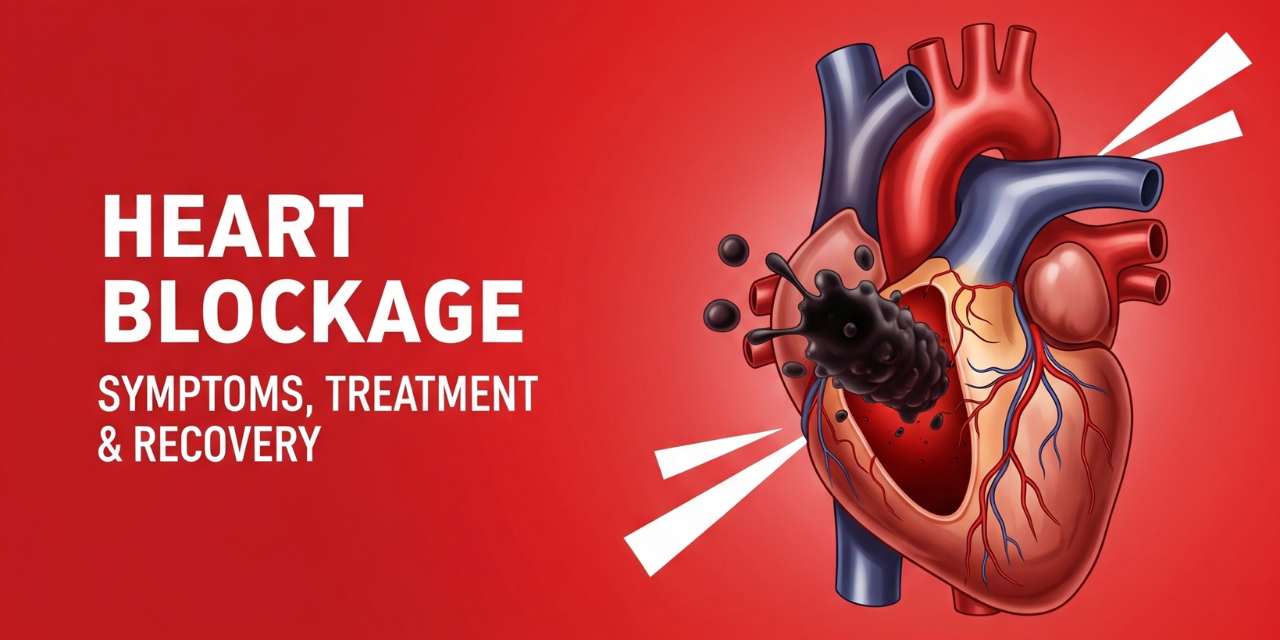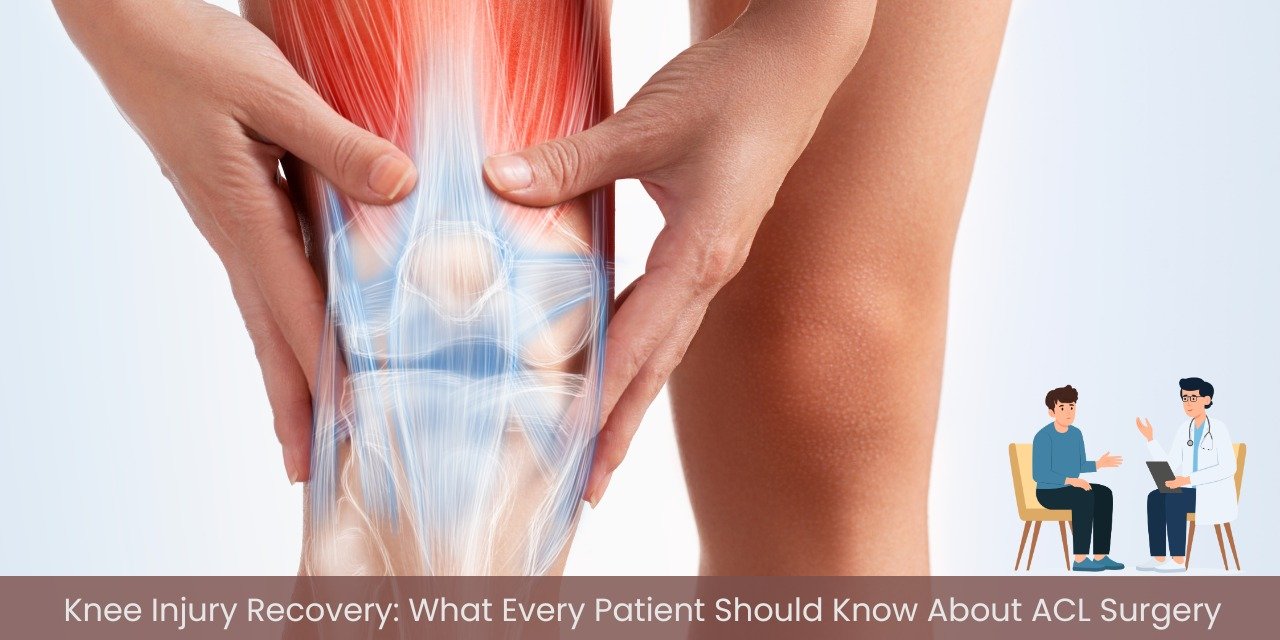Heart blockage is a serious heart condition caused by restricted blood flow due to clogged arteries. When the arteries that supply oxygen-rich blood to the heart get narrowed or blocked, heart blockage symptoms such as chest pain, shortness of breath, or fatigue may begin to appear. This increases the risk of heart attack and other cardiovascular problems. One common cause is the buildup of plaque in the coronary arteries, also known as coronary artery disease. With heart diseases on the rise in India, early detection and proper treatment of heart blockage can save lives.
What is Heart Blockage?
Heart blockage refers to a condition where blood flow to the heart muscle is reduced or stopped due to plaque buildup inside the arteries. The blockage may be partial or complete, depending on the severity. When the heart muscle doesn’t receive enough oxygen, it can cause chest pain (angina), shortness of breath, or even a heart attack.
Symptoms of Heart Blockage
Recognising the early signs of heart blockage is crucial. Many symptoms can be silent at first but may worsen over time.
- Chest pain or tightness (especially during activity)
- Shortness of breath even at rest
- Fatigue without reason
- Irregular heartbeat or skipped beats
- Pain in arms, jaw, or back
- Dizziness or fainting spells
If you notice these symptoms, seek medical attention immediately.
What Causes Heart Blockage?
Several factors contribute to heart blockage, most of which are related to unhealthy lifestyle habits.
- High cholesterol and blood pressure
- Diabetes and obesity
- Smoking and alcohol consumption
- Lack of physical activity
- Stress and poor diet
- Genetics or family history of heart disease
By addressing these risk factors, you can reduce your chances of developing heart blockage.
How is Heart Blockage Diagnosed?
Doctors use multiple tests to detect heart blockage accurately:
- Electrocardiogram (ECG) – checks heart rhythm
- Echocardiogram (ECHO) – ultrasound imaging of the heart
- TMT (Stress test) – monitors heart activity during exercise
- CT Coronary Angiography – shows narrowed arteries
- Coronary Angiography – most reliable test to detect blockages
The right test depends on your symptoms and medical history.
Treatment for Heart Blockage
Treatment options vary based on the severity of the blockage.
1. Lifestyle changes
Start with a heart-healthy diet, regular exercise, and quitting smoking or alcohol.
2. Medications
Doctors may prescribe:
- Blood thinners to prevent clots
- Statins to lower cholesterol
- Beta-blockers to reduce heart workload
- ACE inhibitors for blood pressure control
3. Angioplasty and Stenting
A balloon is inserted to open the blocked artery, and a stent is placed to keep it open.
4. Bypass Surgery (CABG)
Used for severe blockages. A new path is created for blood flow using a vein or artery from another part of the body.
Recovery After Treatment
Heart blockage recovery depends on the type of treatment and patient care post-treatment.
- Take medicines regularly as prescribed
- Eat a low-fat, low-salt diet
- Avoid heavy lifting for a few weeks
- Manage stress and get proper sleep
- Attend regular follow-up visits
- Join cardiac rehab if advised
Most patients return to normal routines within 4–6 weeks after surgery or angioplasty.
FAQs – People Also Ask
👉How to recover from heart blockage?
Follow your cardiologist’s advice, take medication regularly, maintain a healthy diet, avoid stress, and stay physically active after recovery.
👉Which medicine is best for heart blockage?
Doctors commonly prescribe statins, aspirin, beta-blockers, and ACE inhibitors. Medication depends on your diagnosis and condition.
👉What is the medical treatment for a heart block?
It includes medications, angioplasty, or bypass surgery. In electrical heart block cases, a pacemaker may be recommended.
👉What is the treatment for heart block in Hindi?
Heart block is treated with medications, angioplasty, and sometimes bypass surgery.
👉Can you live a long life with heart blockage?
Yes, with early treatment, regular monitoring, and lifestyle changes, many people live long and healthy lives.
Consult Dr. Sidharth Garg – Best Cardiac Surgeon in Chandigarh
If you’re experiencing heart blockage symptoms or need expert care, book a consultation with Dr. Sidharth Garg, one of the best heart surgeons in Chandigarh. His experience and patient-focused approach make him a trusted name in cardiac care.
📞 Call now: 9855069991
📍 Get Directions on Google: https://g.co/kgs/kK8G5Wt
Don’t wait until it’s too late — early diagnosis and proper treatment can save your life.













